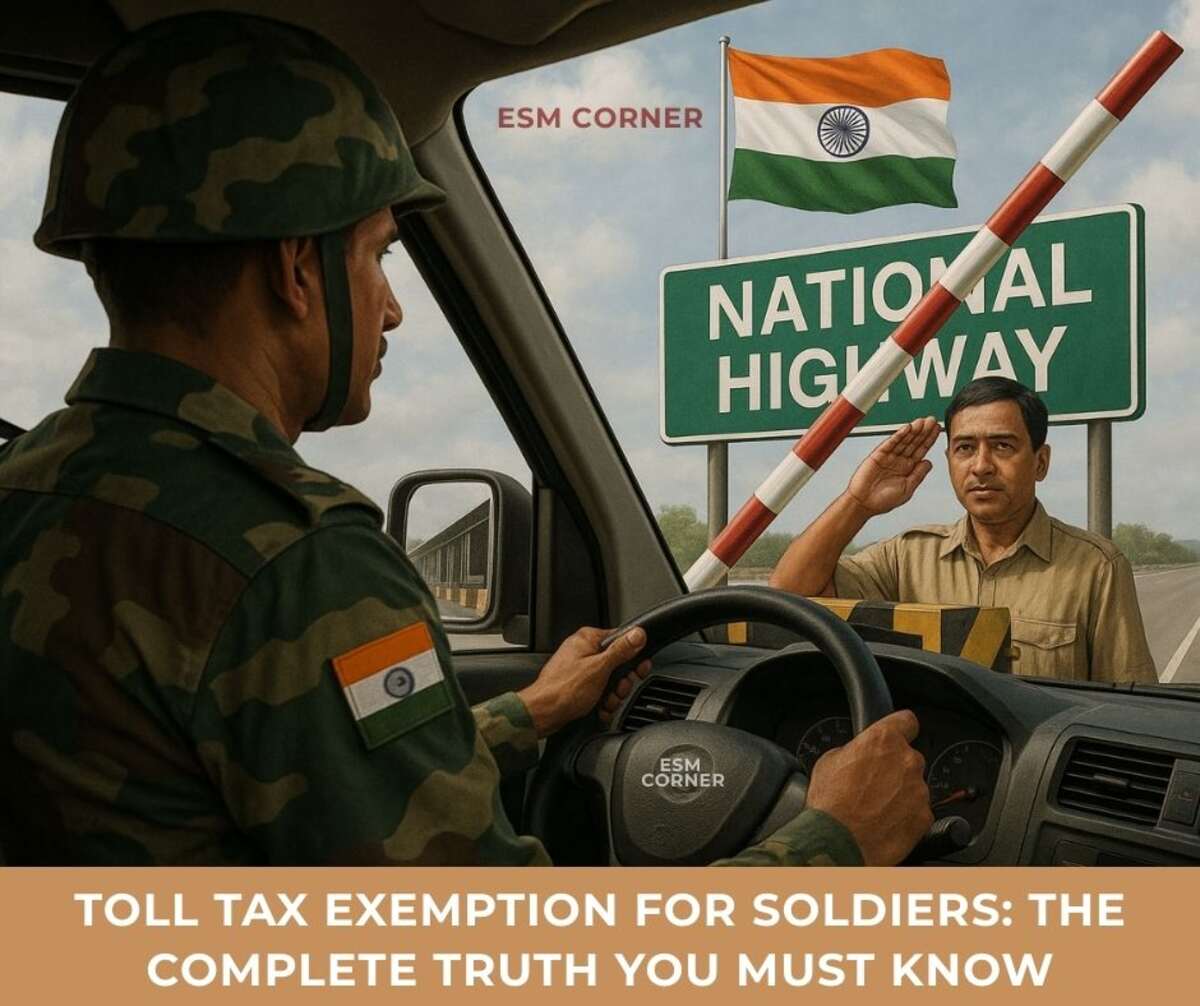
In our Fraternity, one of the most common questions that defence personnel – both serving and retired – ask is about toll tax exemption. Many times, we get confused when we see uniformed soldiers or veterans arguing with toll booth staff. Retired soldiers sometimes believe they should be exempted. Even serving soldiers are occasionally stopped because the toll operators do not know the rules.
To remove this uncertainty, the Ministry of Road Transport and Highways (MoRTH) released a detailed notification in June 2014. This order explains exactly who is exempted, under what conditions, and under which law. In this article, we will break it down in simple words so that both defence personnel and the general public can understand the rules.
This information has been officially provided through the Right to Information Act (RTI), 2005 and is based on the Office Memorandum dated 17 June 2014 issued by the Ministry of Road Transport & Highways, Government of India. The clarification explains in detail who is exempted from toll tax, under what law, and in which situations.
What is Toll Tax?
Toll tax is a fee charged from vehicles when they use certain highways, expressways, or bridges. This money is used to:
- Build new roads.
- Repair and maintain existing roads.
- Cover the cost of private companies that construct highways under contracts.
In short, toll is not just a random charge. It ensures that our highways remain smooth and safe for travel (Really!!!!). Once the cost of construction and maintenance is recovered, sometimes the toll is reduced or even removed.
The Laws That Govern Toll Exemption
Two important laws explain toll exemption for defence personnel:
- The Indian Tolls (Army and Air Force) Act, 1901 – an old law that continues to remain active even today. It was first made for the Army and Air Force, and later extended to include the Navy as well.
- The National Highways Fee (Determination of Rates and Collection) Rules, 2008 – this is the present-day legal framework that lays down how toll charges are fixed and collected on national highways.
In 2014, the Ministry referred to both these laws and issued a clarification so there would be no doubt.
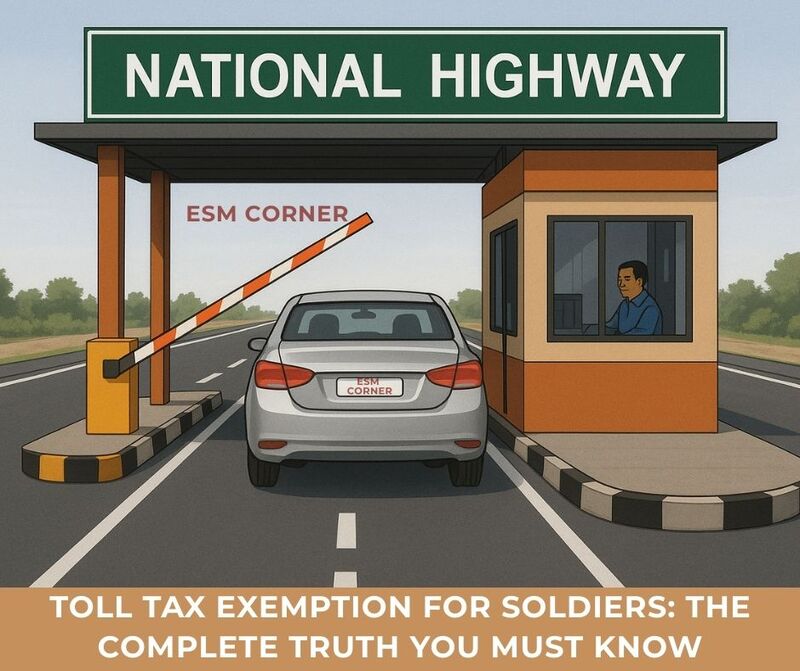
Who Gets Toll Exemption?
According to these rules, toll exemption is available in the following cases:
- Vehicles used for official purposes by the Ministry of Defence.
- Defence personnel covered under the 1901 Act – which includes Army, Air Force, and Navy personnel.
- Family members and authorised followers – but only when accompanying personnel who are on duty.
- Gallantry Award Winners – A special category that gets lifelong exemption.
The list of gallantry awards that qualify includes:
- Param Vir Chakra
- Ashok Chakra
- Maha Vir Chakra
- Vir Chakra
- Kirti Chakra
- Shaurya Chakra
- Sena Medal
- Nao Sena Medal
- Vayu Sena Medal
- President’s Police Medal for Gallantry
For these gallantry award winners, being exempted from toll tax serves as a symbol of the nation’s honour and gratitude for their exceptional courage.
Who Does Not Get Toll Exemption?
This is where most of the confusion happens. Earlier, the government had clarified that retired personnel are not exempted (unless they are gallantry award winners) and that private vehicles of serving defence personnel are also not exempt unless used for official duty. However, as per the latest directions from MoRTH, the provisions of the Indian Tolls (Army & Air Force) Act, 1901 (extended to the Navy as well) will continue to apply. This means all defence personnel are entitled to toll exemption when travelling in their personal vehicle on production of their valid Identity Card. In addition, MoRTH has assured that additional lanes will be opened for smooth movement of military convoys through toll plazas.
So, in short:
✔ Official duty vehicles → exempt.
✔ Gallantry awardees → always exempt.
✔ Serving personnel in personal vehicle (with ID) → exempt.
❌ Retired personnel (except gallantry awardees) → not exempt.
Why Was the 2014 Clarification Needed?
Before this order, there were frequent disputes at toll plazas (sadly even today it exist).
- Retired soldiers believed they should be exempt for their past service.
- Serving personnel tried to use personal cars without duty passes.
- Toll booth staff were often unaware of the actual law.
This led to arguments, disrespect, and even harassment of defence personnel at some places. To end this confusion, the Ministry issued a clear office order on 17 June 2014.
Why is this Clarification Important?
This clarification matters for three big reasons:
- Respect for Defence Personnel – By giving exemption to on-duty personnel and gallantry awardees, the government honours their contribution.
- Clarity for Toll Operators – Staff at toll booths now have written rules, reducing disputes (Not Actually).
Examples for Better Understanding
- Example 1: A serving Army NCO is travelling in a private vehicle → No toll on Showing I Card.
- Example 2: A retired Major is travelling with his family in a personal car. → Toll must be paid.
- Example 3: A Vir Chakra award winner serving/veteran travels in his own car. → Exempted from toll.
FASTag Exemption for Defence Personnel
Since tolls are now collected mainly through FASTag, exemptions are also linked to it. Eligible defence personnel can apply for an Exempted FASTag through the IHMCL portal.
Required documents include:
- Vehicle Registration Certificate (RC)
- Service/official ID card
- Proof of exemption eligibility
- Application form
Once approved, the FASTag allows smooth passage without disputes at toll plazas.
Common Issues and Confusion
Despite clear rules, some problems still occur:
- Toll operators sometimes demand extra documents like movement orders.
- Many staff are still not properly trained, leading to disputes.
- Some legal experts argue that Section 3 of the 1901 Act gives wider exemption than what NHAI currently enforces.
To address such cases, the NHAI has issued operational guidelines and penalties for wrongful collection.
Penalty for Wrongful Collection
Under the Indian Tolls Act, 1901, wrongful toll collection from exempted personnel is an offence. Although the fine mentioned in the Act is small (₹50, as it is an old law), NHAI can take strict action against toll operators who harass or wrongly charge exempted vehicles (As recently done in case of Toll both in meerut).
Public Awareness is Key
A big reason for disputes is lack of awareness. Many people assume that all defence personnel, whether serving or retired, are exempt. This is not true. By spreading awareness about the actual rules, unnecessary arguments at toll booths can be avoided.
Conclusion
The issue of toll tax exemption for defence personnel has been confusing for years. Thanks to the Ministry’s 2014 order, the rules are now very clear:
- On-duty vehicles of defence personnel → Exempt.
- Gallantry award winners → Always exempt.
- Retired personnel (without gallantry awards) → Not exempt.
- Serving person with Personal vehicles for private use → Exempt on showing I Card/Mov Order.
This balanced approach ensures that highways continue to get funds for maintenance, while at the same time the nation shows respect to its brave soldiers and gallantry award winners.
ALSO READ I 10 MUST-KNOW BENEFITS AND UPDATES FROM THE DIRECTORATE OF CANTEEN SERVICES IN 2025
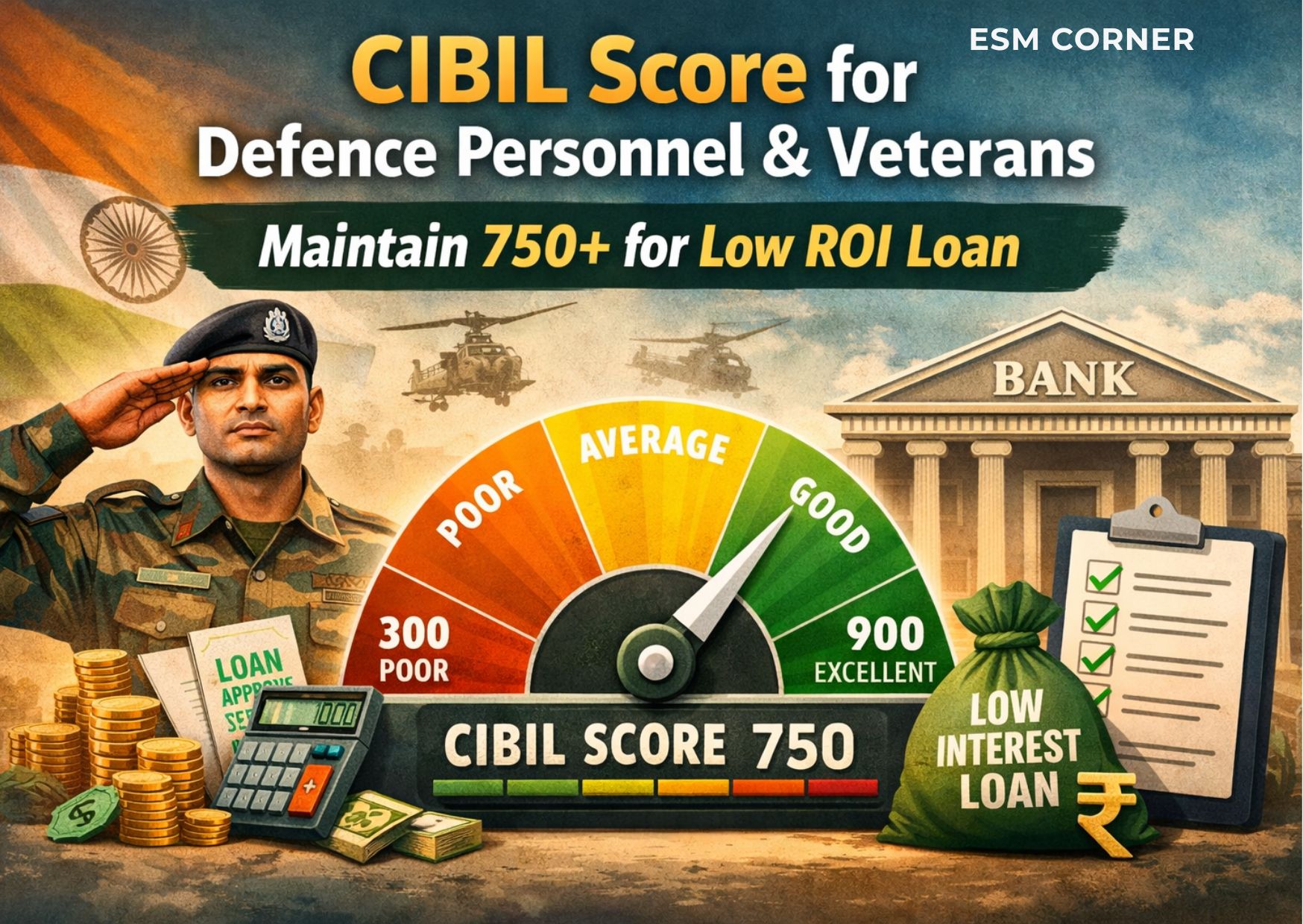
CIBIL SCORE FOR DEFENCE PERSONNEL : GUIDE TO LOW-INTEREST LOANS & FINANCIAL RESPECT
A soldier’s discipline wins respect in society—but in banking, your CIBIL score decides trust. Many defence personnel and veterans face loan …


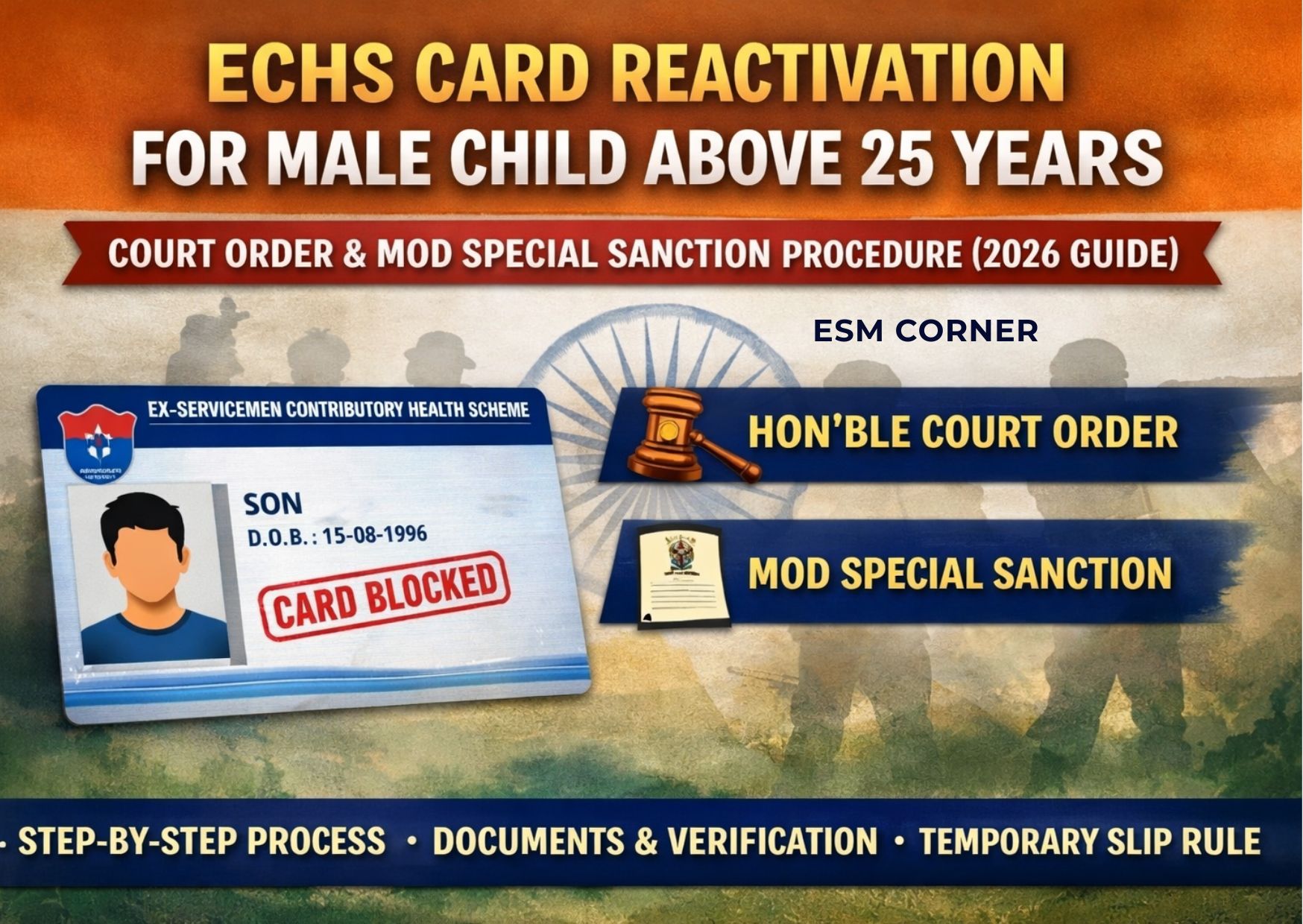

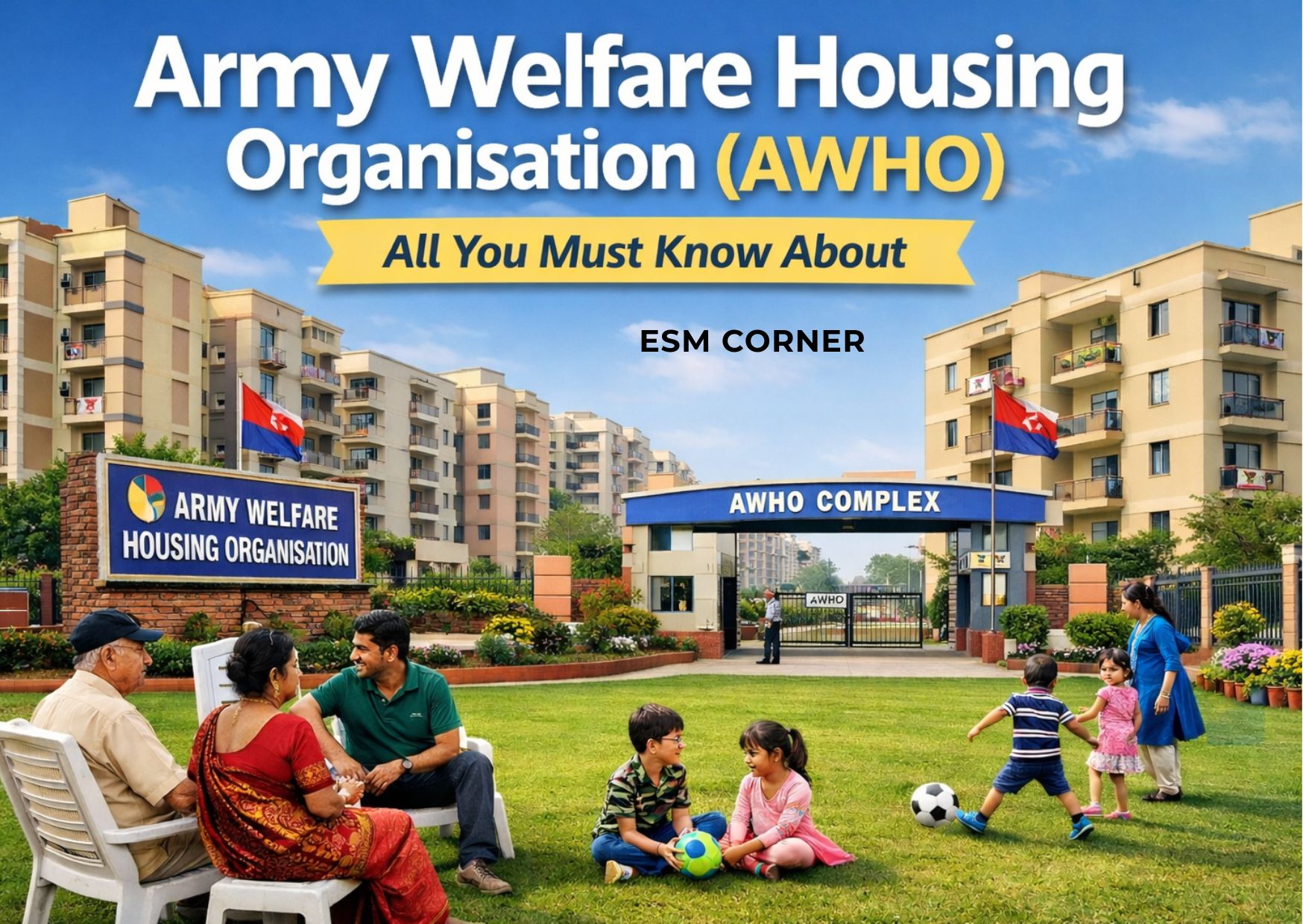
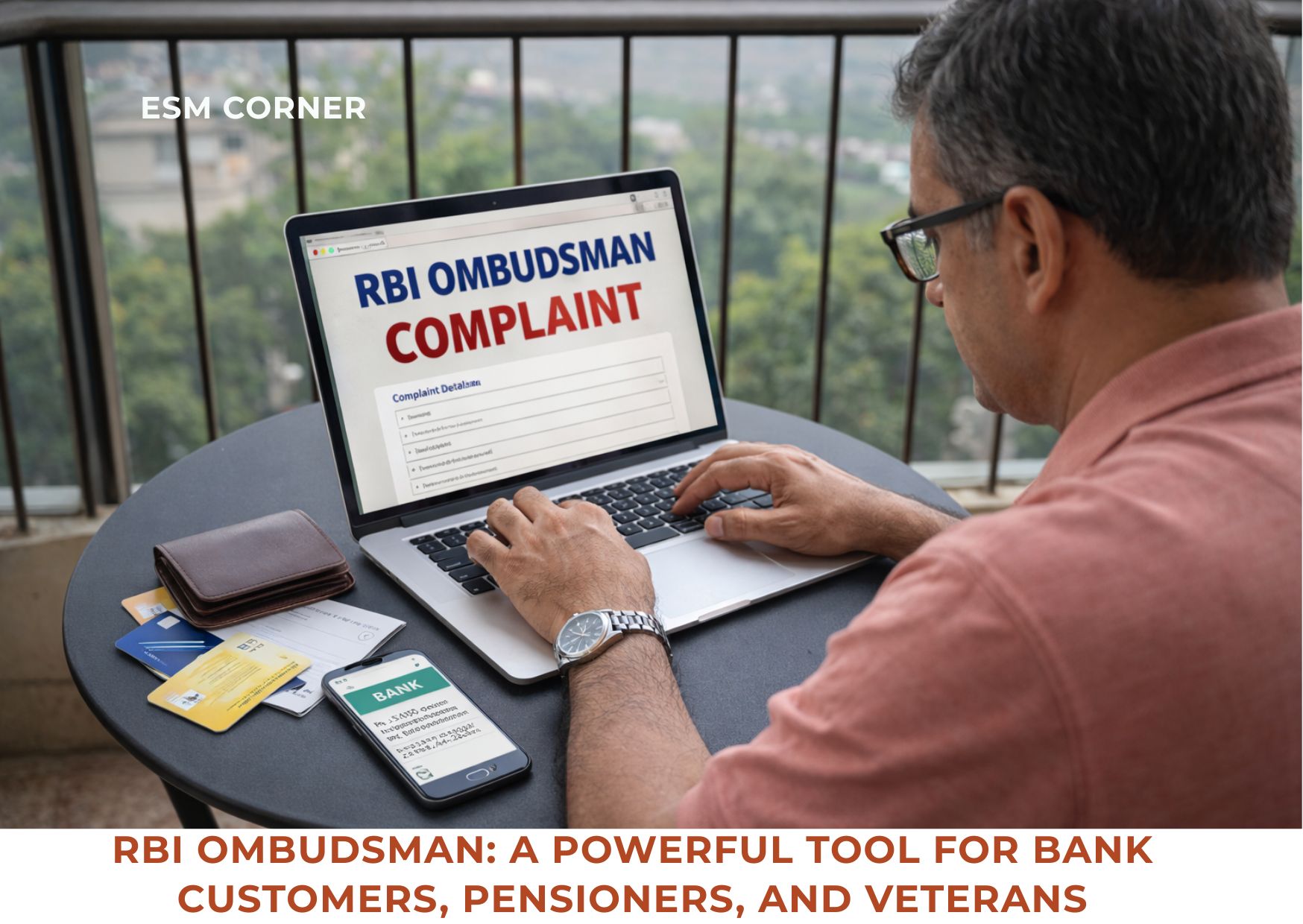
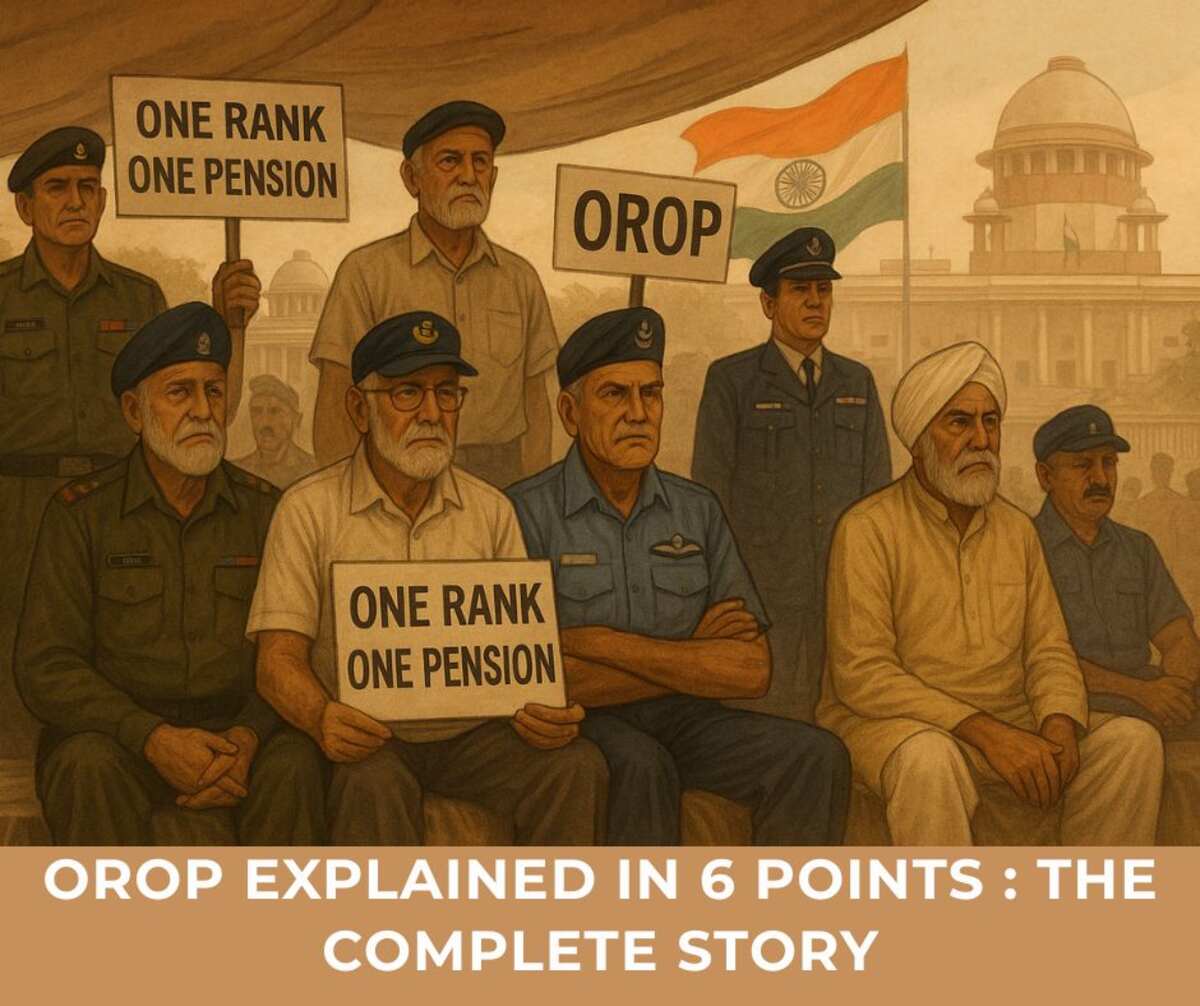



Very good service and information
Very good information.
Very valuable information
thank you for the information on toll tax which was most confused and disputed.
please give information on how to apply for ECHS on line, I am from Indian Navy provide website links.
Retired personnel are not exceed from toll tax.
It is presumed that ex-servicemen attending Echs for treatment from villages or teh hq because they are to get treatment from district hq only where ECHS Facilities are available.
Sometimes they. Goes for rutine treatment and sometimes they are admitted in empannled hosp
If do the favour pl at least aged personnel should be exempted accordingly tks
Defence veterans needs to taken in account that after attaining age of 55 , must be given respect at टोल plaza by giving them exemption to pay toll and salute given to them as mark of respect for their duties rendered to the Nation
Tks waiting your gooness favour to old-age soldiar
Ths
Informative, thanks
Very useful , thanks
The Toll exemption for Gallantry Award winners is restricted to only chakra series as per the notice displayed at the Toll Plaza.
Am a twice Gallantry Award winner ( Sena Medal Gallantry and am always stopped at the Toll
#Gadkari